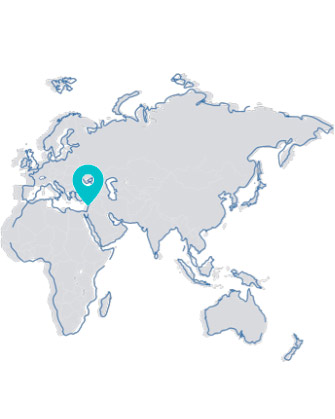-
Projects
-
Tahaddi
The Tahaddi community center is located in the Hay El Gharbeh area of Beirut where a staff of 50 doctors, nurses, educators, social workers and administrators provides services that include formal school for children, education for adults, health and social service. The organization started in 2008 and originally worked with the Dom population (an ethnic minority in Lebanon) but in 2016 they started seeing a large influx of refugees displaced by the conflict in Syria moving in the community they were supporting. They realized that they had to improve their internal processes and tools not to get overwhelmed by this influx and the accompanying growth in demand for their services.
In 2018 Tutator started working with Tahaddi to develop a system that would allow them to manage all the services they were providing in their community center.
Tutator worked closely with the Tahaddi team to gather and document the system requirements, and then started the development of the software. The various modules to be developed included:

Once the system is fully deployed and operational, the Tahaddi team will see a jump in their productivity and, with the same amount of resources they have available today, they will be able to serve more people.
They will also have real time access to the individual files of each family and beneficiary, allowing them to improve the quality and speed of the services they are providing.
Then once the system has been up and running for a few months, they will be able to use any business intelligence tool to analyze the data, decide where to apply more or less resources and report to the people and organizations that support them on the impact the funds they are providing have.
Working with a dedicated team such as Tahaddi’s has been an uplifting experience for all the people at Tutator, but it didn’t come without some special challenges that required creative solutions and hard work to overcome.
Communications are always critical and for this project, because of the time difference between the development team and the Tahaddi team locations (10 hours), adjustments had to be made. The poor reliability of the internet infrastructure made using video conferencing tools difficult adding another layer of complexity to the communications.
The evolving nature of the requirements for the software tool has also been a challenge, causing frustration on both sides, not to mention numerous delays.
From a deployment perspective, the IT and network infrastructure available in the Tahaddi community center is very limited (limited speed and reliability microwave links between buildings and to / from the internet, power shutdown nightly, limited mobile coverage in the area) and this has made things difficult not only for deployment but also for development of the software.